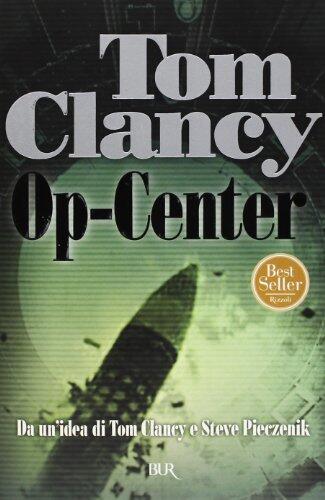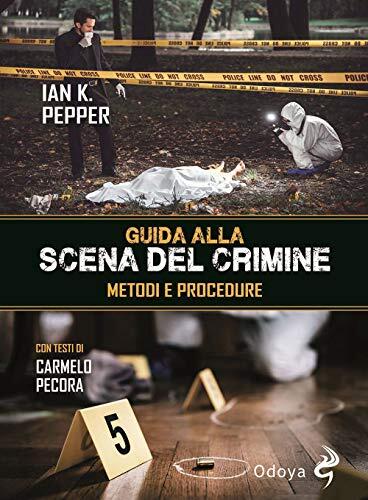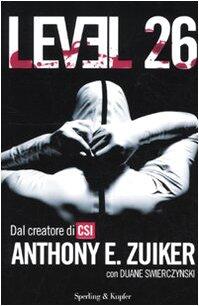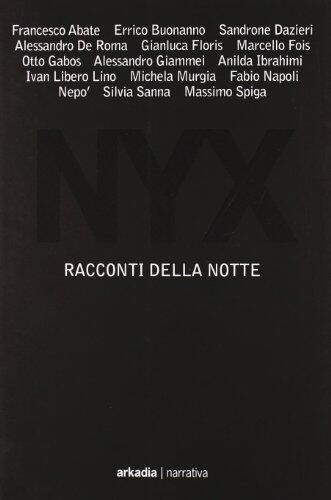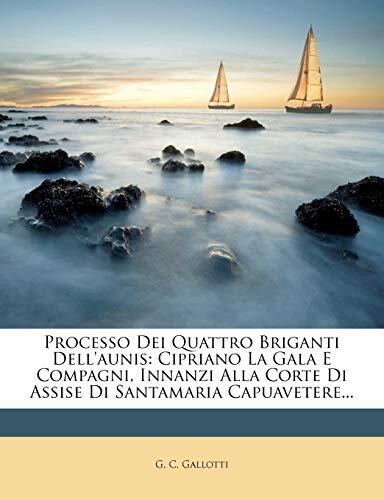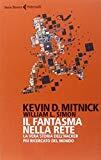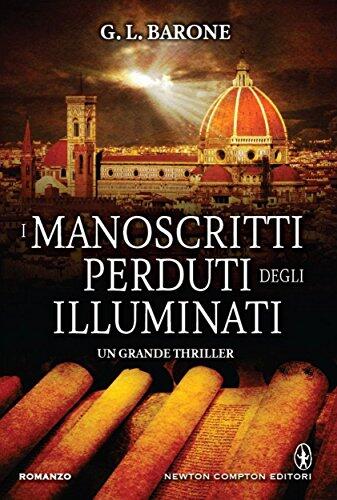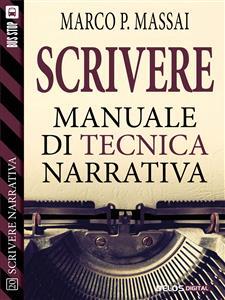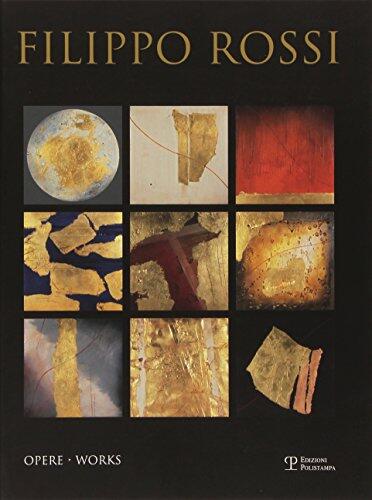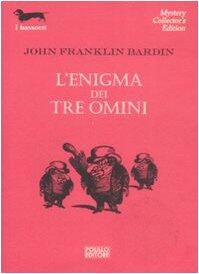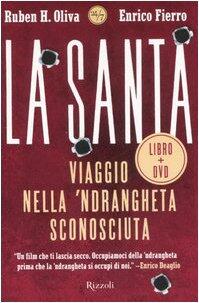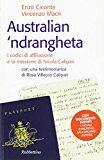
Australian 'ndrangheta. I codici di affiliazione e la missione di Nicola Calipari
还没有评分
Mystery
格式
平装书
页数
158
语言
意大利语
已发布
Jan 1, 2021
出版商
Rubbettino Editore
ISBN-10
8849824289
ISBN-13
9788849824285
描述
The book delves into the complex world of the Australian 'ndrangheta, shedding light on its intricate codes of affiliation and the crucial mission undertaken by Nicola Calipari. Through a meticulous examination of organized crime in Australia, the authors, Enzo Ciconte and Vincenzo Macrì, unravel the layers of secrecy that shroud this powerful criminal organization.
Ciconte and Macrì draw on extensive research and firsthand accounts, providing readers with a compelling narrative that reveals the inner workings of the 'ndrangheta. They highlight the cultural and social dynamics that enable the organization to thrive in foreign environments, particularly in Australia. This exploration is enriched by the contributions of Rosa Villeco Calipari, who offers a personal testament that adds depth to the story.
Readers are taken on a journey that not only encompasses the criminal activities but also the socio-economic factors that contribute to the vitality of such networks. The narrative presents a nuanced perspective on crime, identity, and migration, engaging with the reader on multiple levels.
In doing so, the authors challenge conventional ideas about organized crime, emphasizing its adaptability and resilience in the face of law enforcement efforts. This insightful examination invites readers to reconsider their understanding of the 'ndrangheta and its far-reaching impacts beyond Italian borders.
Ciconte and Macrì draw on extensive research and firsthand accounts, providing readers with a compelling narrative that reveals the inner workings of the 'ndrangheta. They highlight the cultural and social dynamics that enable the organization to thrive in foreign environments, particularly in Australia. This exploration is enriched by the contributions of Rosa Villeco Calipari, who offers a personal testament that adds depth to the story.
Readers are taken on a journey that not only encompasses the criminal activities but also the socio-economic factors that contribute to the vitality of such networks. The narrative presents a nuanced perspective on crime, identity, and migration, engaging with the reader on multiple levels.
In doing so, the authors challenge conventional ideas about organized crime, emphasizing its adaptability and resilience in the face of law enforcement efforts. This insightful examination invites readers to reconsider their understanding of the 'ndrangheta and its far-reaching impacts beyond Italian borders.
